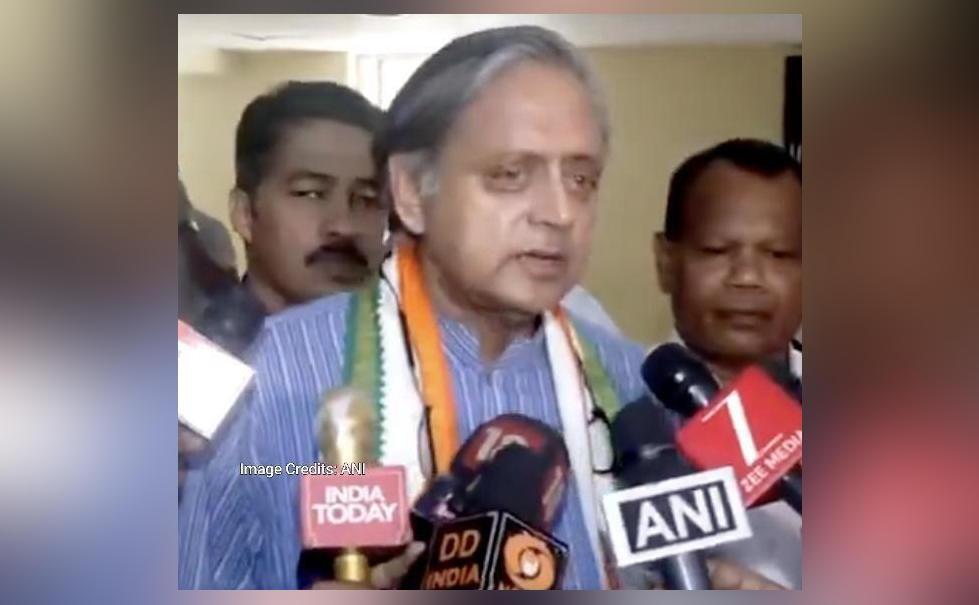
Iran & Israel have been our friends, all we can do is observe: Tharoor
The ongoing conflict between Iran and Israel has been making headlines globally, with both countries exchanging blows and causing widespread destruction. As the death toll rises, the world watches with bated breath, wondering when this senseless violence will come to an end. In the midst of this chaos, Congress leader Shashi Tharoor has weighed in on the situation, offering a nuanced perspective on India’s stance in the conflict.
Speaking to the media, Tharoor acknowledged that both Iran and Israel have been friends of India for a long time. “Ideally, we would like peace between the two countries,” he said, echoing the sentiments of many around the world. “For now, all we can do is observe with attention and concern.”
Tharoor’s words are a stark reminder of the complexities of international relations. India’s diplomatic efforts have historically focused on building strong relationships with various countries, often in the pursuit of its own strategic interests. In this case, India has maintained good ties with both Iran and Israel, recognizing the importance of these relationships in its own regional and global ambitions.
The conflict between Iran and Israel is a deeply troubling one, with over 650 people killed so far. The violence has been marked by frequent missile attacks and airstrikes, with both sides trading blame for the escalation. The international community has been vocal in its condemnation of the violence, calling for an immediate ceasefire and a return to the negotiating table.
For India, the conflict is complicated by its own relationships with both countries. India and Israel have a long history of cooperation, particularly in the fields of defense and technology. Israel is also a major partner in India’s space program, with the two countries collaborating on several joint projects. At the same time, India has maintained strong ties with Iran, particularly in the energy sector. Iran is a significant supplier of oil and natural gas to India, and the two countries have a long history of cooperation in the energy sector.
Given these complex relationships, it is not surprising that India has been cautious in its response to the conflict. While India has condemned the violence and called for a peaceful resolution, it has stopped short of taking a more strident stance. India’s diplomatic efforts have focused on promoting dialogue and diplomacy, rather than taking sides in the conflict.
Tharoor’s comments are reflective of this cautious approach. By emphasizing the importance of peace between the two countries, he is recognizing the need for a long-term solution that respects the sovereignty and security concerns of both Iran and Israel. At the same time, his acknowledgment that India can only “observe with attention and concern” is a recognition of the limitations of India’s ability to influence the situation.
In the end, the conflict between Iran and Israel is a complex and deeply troubling one. As the world watches with concern, it is clear that a lasting solution will require patience, diplomacy, and a commitment to dialogue. For India, the situation is complicated by its own relationships with both countries, and Tharoor’s words offer a nuanced perspective on the country’s stance in the conflict.
As the situation continues to unfold, it is clear that the world is holding its breath, hoping for a peaceful resolution to the conflict. Whether that resolution can be achieved remains to be seen, but one thing is certain – the world is watching with bated breath, hoping for a better tomorrow.



